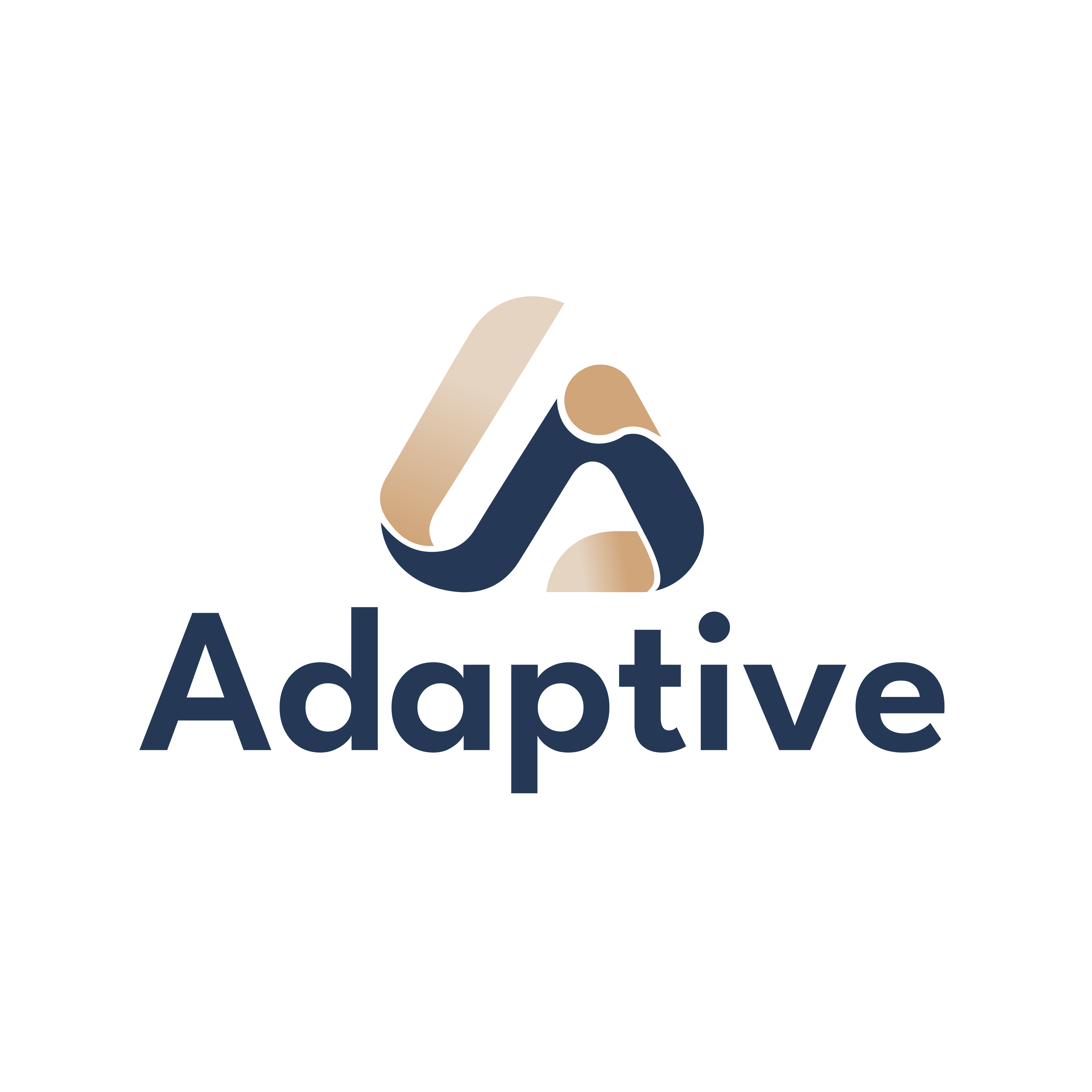API Reference
Models API
Query the model registry to discover available LLM models and their capabilities
GET
Overview
Query Adaptive’s model registry to discover available LLM models, their pricing, capabilities, and provider information. Use this API to find models that match your requirements and get up-to-date pricing details. Common use cases:- List all available models
- Filter models by provider, features, or price
- Get pricing information for cost estimation
- Find models with specific capabilities (e.g., vision, tool calling)
Quick Start
Get all available models:Responses include key fields like
model_name, display_name, context_length, pricing, and available providers.Endpoints
List All Models
Common Query Parameters:Filter by provider (e.g., “openai”, “anthropic”, “google”). Repeat parameter for multiple providers.
Filter by minimum context length (e.g.,
128000 for 128K tokens)Filter by required features (repeatable). Example:
?supported_param=tools for tool calling supportQuery Parameter Syntax: For multiple values, repeat the parameter name:
- ✅ Correct:
?author=openai&author=anthropic - ❌ Incorrect:
?author=openai,anthropic(comma-separated not supported)
Get Model by Name
Model identifier (e.g., “gpt-5-mini”, “claude-sonnet-4-5”)
Response Fields
Key fields in the response:| Field | Type | Description |
|---|---|---|
model_name | string | Model identifier (e.g., “gpt-4”, “claude-sonnet-4-5”) |
display_name | string | Human-readable model name |
context_length | integer | Maximum context window in tokens |
pricing.prompt_cost | string | Cost per input token (as string for precision) |
pricing.completion_cost | string | Cost per output token (as string for precision) |
supported_parameters | array | Supported API parameters (e.g., temperature, tools) |
providers | array | Available provider endpoints |
providers[].name | string | Provider name (e.g., “openai”, “anthropic”) |
providers[].status | integer | Provider status (0 = active) |
Field Type Notes:
- Pricing values are strings (not numbers) to preserve decimal precision
- Boolean-like fields use strings (
"true"or"false") for compatibility status: 0means active, non-zero means inactive
Complete Response Schema
Complete Response Schema
Full Model Object
The complete response includes additional fields:id- Database ID (internal)author- Model author/organizationdescription- Model descriptionarchitecture- Architecture details (modality, tokenizer, etc.)top_provider- Top provider configurationdefault_parameters- Default parameter values
Pricing Object
request_cost- Per-request costimage_cost- Per-image costweb_search_cost- Web search costinternal_reasoning_cost- Internal reasoning cost
Provider Object
Each provider in theproviders array includes:endpoint_model_name- Model name at endpointcontext_length- Provider-specific context limitmax_completion_tokens- Maximum output tokensquantization- Model quantizationuptime_last_30m- Recent uptime percentagesupports_implicit_caching- Caching supportpricing- Provider-specific pricing details
Common Use Cases
Find Models with Specific Features
Find Models with Large Context Windows
Get Pricing for Cost Estimation
Compare Models Across Providers
Advanced Filtering
Additional Filter Parameters
Additional Filter Parameters
The Models API supports advanced filtering with these additional parameters:Filter by Author:Filter by Model Name:Filter by Input/Output Modality:Filter by Maximum Cost:Filter by Status:Filter by Quantization:Combine Multiple Filters:
Filter Logic:
- Multiple values for the same parameter use OR logic (e.g.,
?author=openai&author=anthropicreturns models from OpenAI OR Anthropic) - Different parameters use AND logic (e.g.,
?author=openai&min_context_length=128000returns OpenAI models AND with 128K+ context)
















